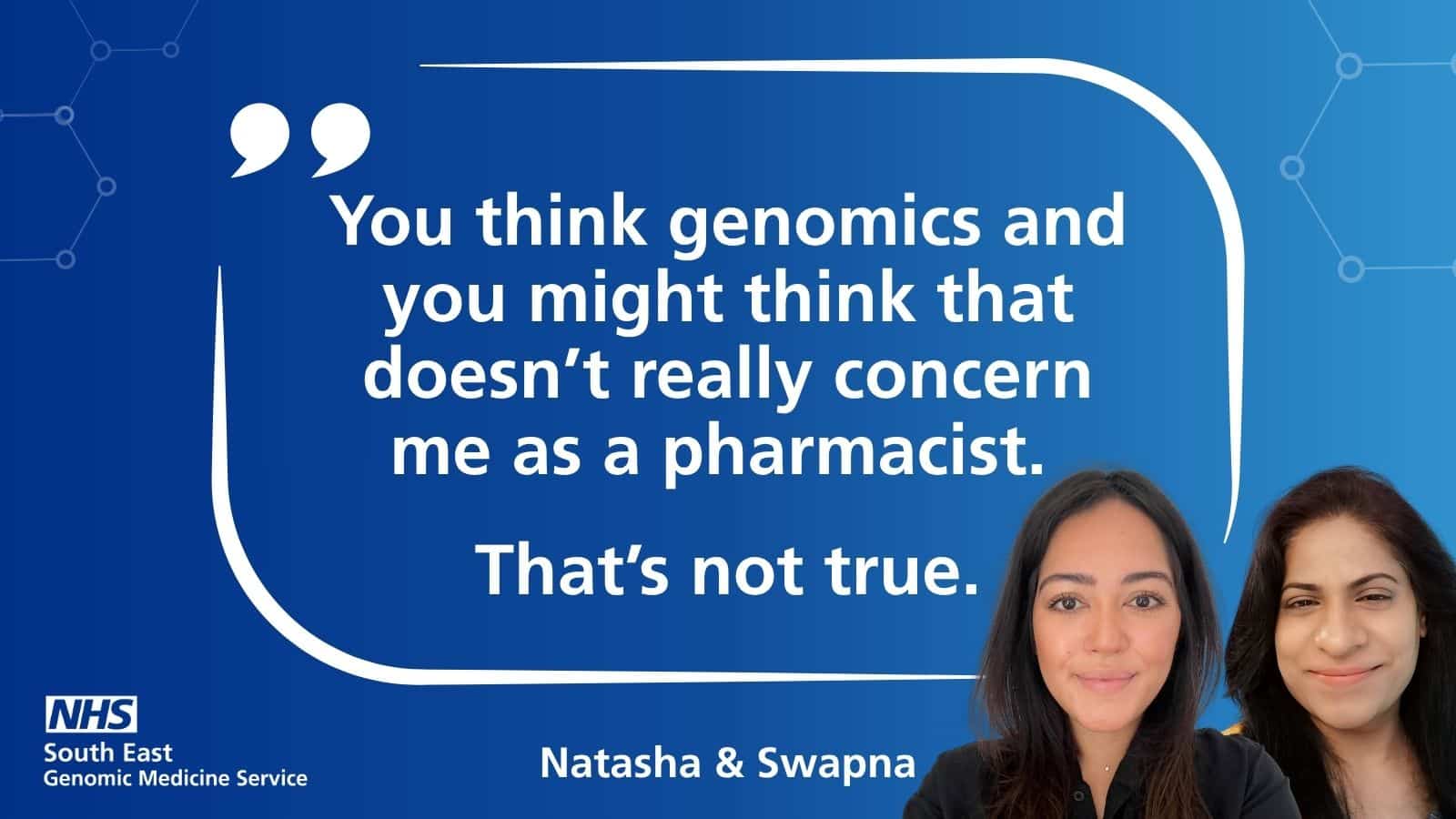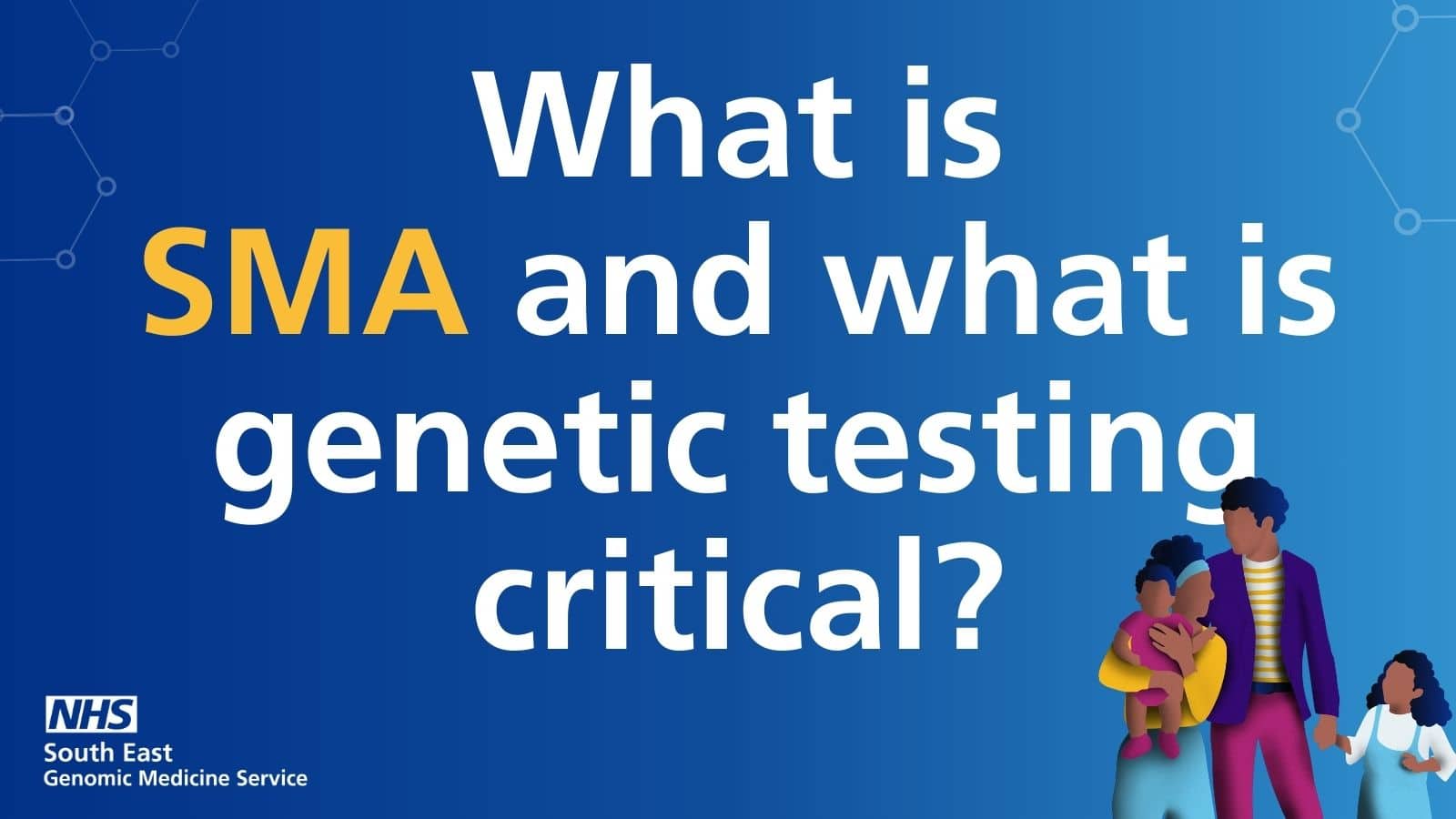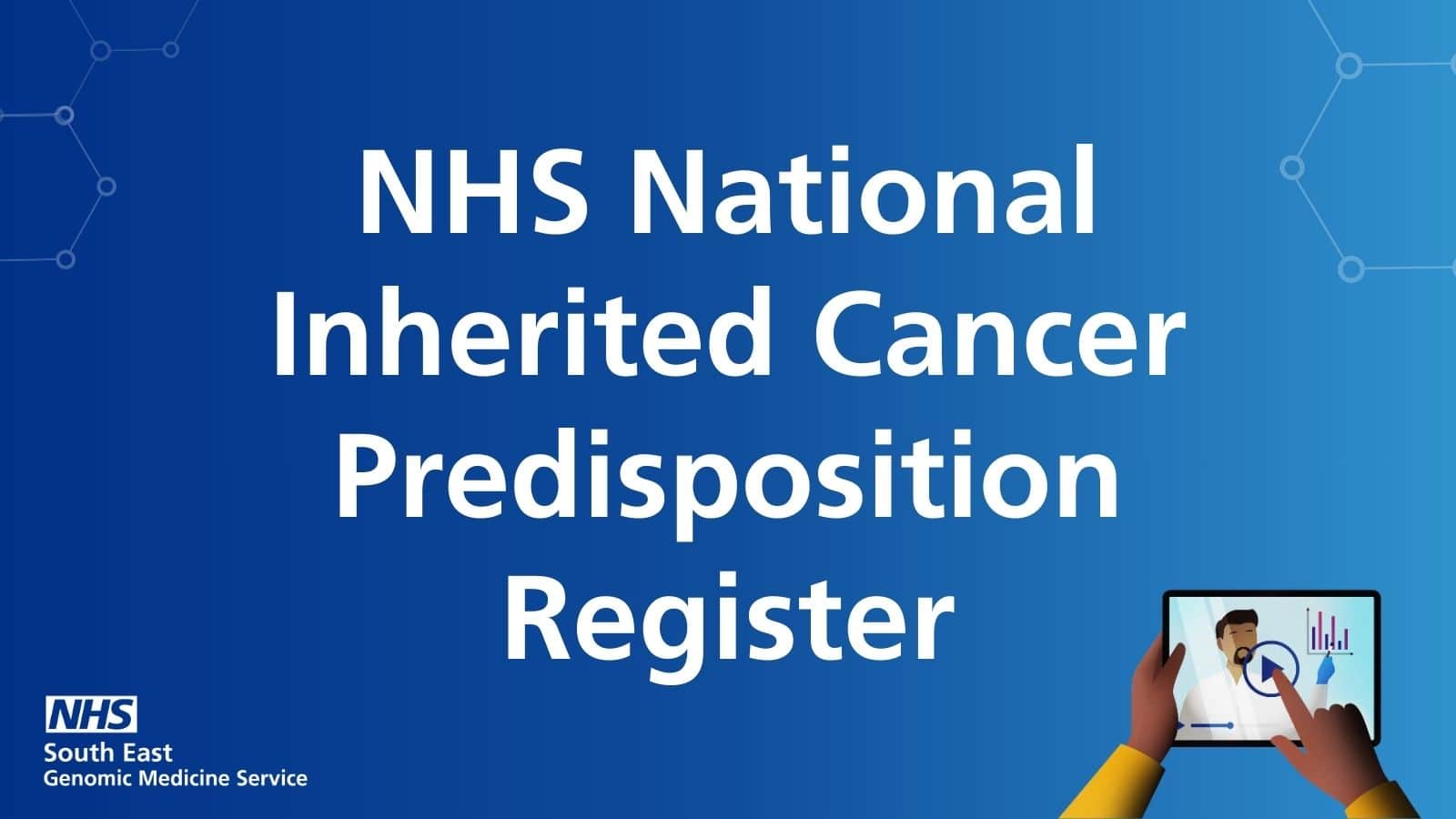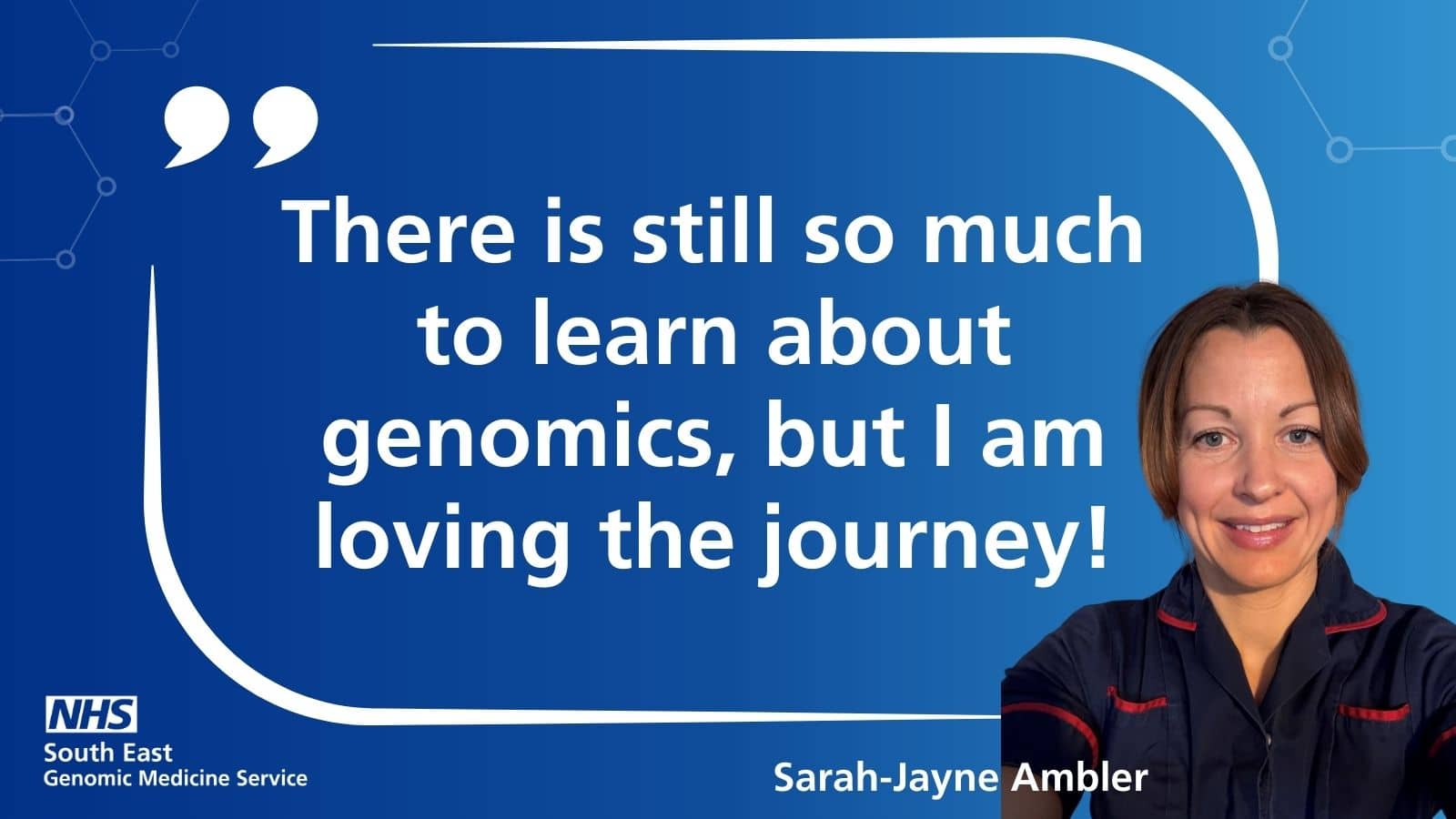Introducing our Genomic Medicine Interns!

‘You might think that genomics doesn’t really concern you as a pharmacist. That’s not true.’
No matter what point you are at in your pharmacy career, it is never too early or too late to learn more about genomics and how it can be applied to personalise treatments and optimise the use of medicines.
We spoke to two pharmacists currently undergoing a genomic medicine internship with the South East Genomic Medicine Service about their genomics journey and how they’re now making essential connections with colleagues in primary and secondary care, the ICB and beyond.
What is your background?
Swapna:
I am a qualified clinical pharmacist with over 15 years of experience. I have worked in various NHS Trusts in Southeast England, as a locum in community pharmacies, and in the pharmaceutical industry specialising in drug safety. Currently, I am working as an Integrated Care Pharmacist within the Medicines Optimisation Team at Kent and Medway ICB. I am also currently undertaking an internship with the South East Genomic Medicine Service.
Natasha:
I qualified as a pharmacist in 2016 and I spent the majority of my career working at Guy’s & St Thomas’ NHS Foundation Trust before completing a fellowship with NHS England. I am now working with South East London ICB as a Lead Pharmacist in the Integrated Medicines Optimisation team and South East Genomic Medicine Service as a pharmacy genomics intern.
What was your journey into genomics and what motivated you to learn more?
Swapna:
My interest in genomics began before my pharmacy career. I was fascinated by the emerging field of genomics, though a career pathway in it was not well known at the time and I decided to pursue a degree in Pharmacy instead — but as I like to say, “the genetics seed was already there in me.”
Later, the growing integration of genetic testing within the NHS reignited my interest. When NHS England began offering funding for NHS professionals to undertake postgraduate study in this area, I enrolled in a part-time Master’s in Genomic Medicine, and I am thoroughly enjoying the course.
Natasha:
Prior to the internship, I worked as a specialist pharmacist in gastroenterology at Guy’s and St Thomas’ NHS Foundation Trust. It was here where I first had some insight into the role of pharmacogenomics, doing TPMT and NUDT15 testing in our IBD patients to optimise treatment in the pharmacist led thiopurine clinics. Through this we could better understand optimum treatment for our patients, prevent any adverse effects and be able to tailor treatment accordingly.
‘Genomic medicine is a new and exciting area and features highly in the NHS 10 year health plan with a lot of upcoming opportunities for the pharmacy workforce to be directly involved in.’
What is your role now?
Swapna:
I am currently working to raise awareness of Genomics within Kent and Medway among clinicians, healthcare professionals, and pharmacists. This includes educating them on what genomics is, the opportunities available, how it fits into the NHS 10-year plan and how genomics can be used to optimise the use of medicines.
Natasha:
I’m really enjoying being part of the SE GMS network, looking at how we can upskill our workforce, integrate genomic medicine into NHS healthcare and implement pharmacogenomics into patient pathways.
I am currently working with clinicians in primary and secondary care in South East London to explore how we can safely implement pharmacogenetic testing to support medicines optimisation in patients. This is an exciting opportunity to implement a new innovative service into NHS healthcare and is a significant step towards personalised medicine and tailoring treatment based on genetic results.
How have you been raising awareness within pharmacy of genomics or pharmacogenomics?
Swapna:
During my internship, I have been working with the pharmacy teams at Kent and Medway ICB to raise awareness of genomics among clinicians, pharmacists, and other healthcare professionals. My work focuses on increasing understanding of genomics, its role in the NHS, and its application within pharmacy practice.
I have been delivering a series of online sessions for healthcare professionals in Kent and Medway to promote genomic literacy. My most recent lunchtime session,”Introduction to Genomics”, attracted around 60 attendees. I have two more sessions planned, “Genomics within the NHS 10-Year Plan,” which will include recent advances in genomics and their practical applications.
'Many healthcare professionals are still developing their understanding of genomics, and there is a strong sense of curiosity and enthusiasm to learn more about how it can be applied in everyday clinical practice.'
Natasha:
As a genomics intern, we are now part of a pharmacy genomics network led by SE GMS’s pharmacy lead Lucy Galloway. The network has been helpful in providing educational resources and regular updates on national and regional developments in genomics which I can share and cascade with my local teams.
In my role as a genomics intern and working on developing new patient pathways for pharmacogenetic testing, I want to ensure the wider workforce in South East London understand their role in these pathways and I plan to deliver this via a combination of information resource development and education and training sessions.
What advice would you give to other pharmacists, starting their genomics journey?
Swapna:
There are several pathways for pharmacists to upskill in genomics, including self-directed CPD and putting themselves forward for local projects and internships. There is also a range of NHSE-funded genomics courses offered by universities. Several online platforms and universities offer CPD modules on genomics.
‘My advice to anyone considering this field is to take every opportunity available to learn about genomics — it’s an exciting and rapidly evolving area that will shape the future of our healthcare.’
Natasha:
There are lots of training and education resources available online via Royal Pharmaceutical Society (RPS), Centre of Postgraduate Pharmacy Education (CPPE) and Genomics Education Programme where pharmacy professionals can start their journey and gain an insight into the role of genomics.
What does the future of pharmacy look like to you?
Swapna:
I believe genomics in pharmacy is about tailoring medications to individuals, improving treatment effectiveness, reducing adverse drug reactions and supporting NHS sustainability.
My vision is that, in the future, genetic testing will be as common as other routine blood testing, enabling more personalised and effective healthcare for all.
Natasha:
We are moving away from a ‘one size fits all’ approach with treatment and transitioning towards tailored and personalised treatment. I want all pharmacy professionals to be able to use their clinical knowledge and expertise in medicines to understand the role of pharmacogenomics, implement testing into pathways and be able to utilise these results to optimise and influence patient care and treatment outcomes in everyday care.
The leadership that pharmacy professionals can provide in the world of genomics is vital to the safe implementation of pharmacogenomics in patient pathways.



